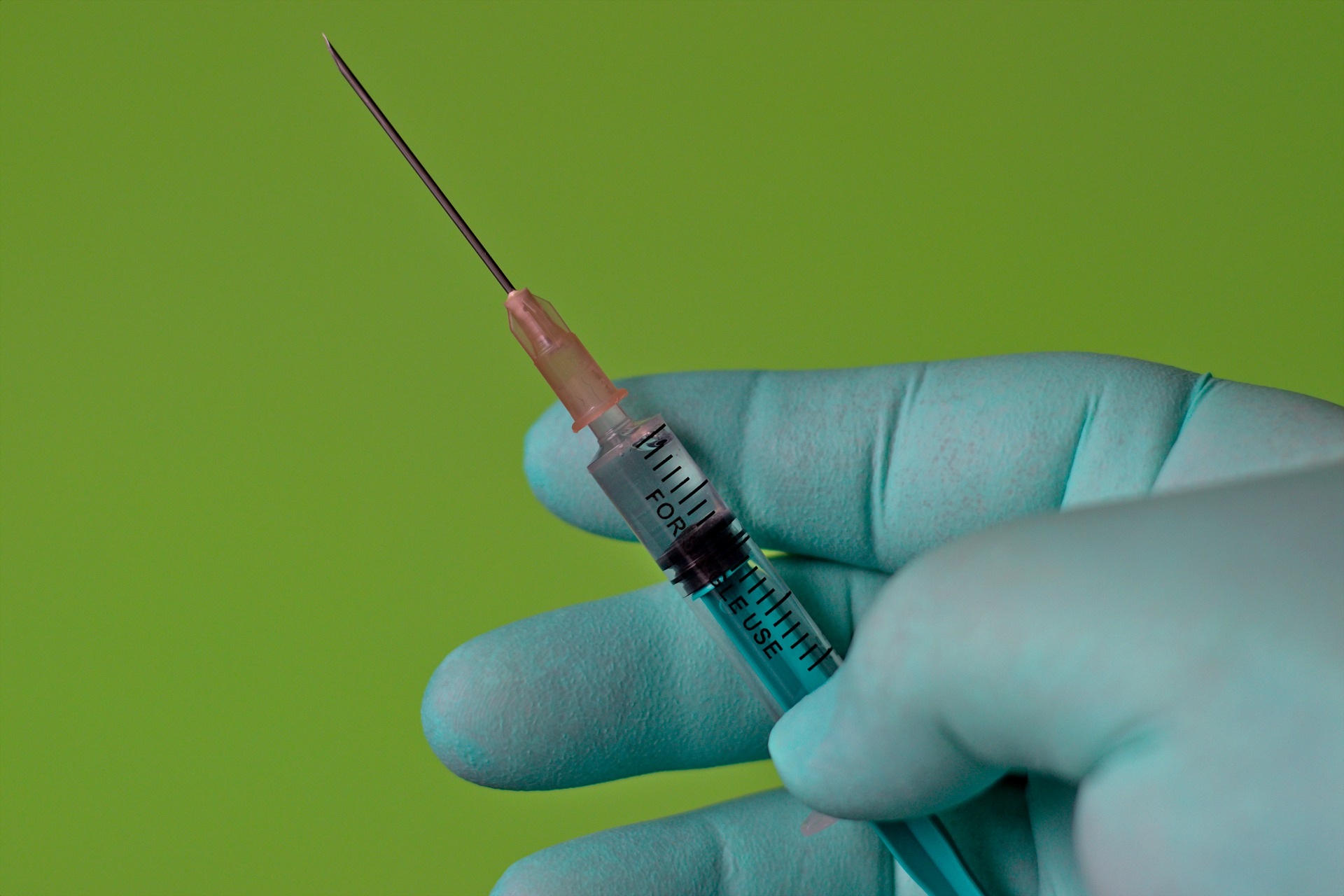News release
From:
Third vaccine dose critical for protecting populations against omicron variant
Researchers call for routine monitoring of vaccine effectiveness as the covid-19 pandemic continues to evolve
mRNA vaccines are highly effective in preventing covid-19 associated hospital admissions related to the alpha, delta, and omicron variants. But three doses are needed to achieve a similar level of protection against omicron that two doses provide against the delta and alpha variants, finds a large US study published by The BMJ today.
The results also show that, although severity of disease among patients admitted to hospital is lower with the omicron versus delta variant, patients with omicron are still at risk of critical illness and death.
Understanding covid-19 variants and the effectiveness of vaccines against them are essential to guide vaccination policies and development of new vaccines.
Early studies suggested reduced vaccine effectiveness against infection and hospital admissions for omicron compared with earlier variants, but little is known about the effectiveness of vaccines to prevent the most severe manifestations of covid-19, including respiratory failure and death, for patients with infection due to the omicron variant.
To address this knowledge gap, researchers assessed the clinical severity of covid-19 associated with the alpha, delta, and omicron variants among adults admitted to hospital and compared the effectiveness of two and three doses of mRNA vaccines (Pfizer-BioNTech and Moderna) to prevent hospital admissions related to each variant.
Their findings are based on 11,690 adults admitted to 21 hospitals across the United States between March 2021 and January 2022: 5728 with covid-19 (cases) and 5962 without covid-19 (controls).
Patients were classified into three variant groups based on viral gene sequencing or by the predominant circulating variant at the time of hospital admission: alpha (11 March to 3 July 2021), delta (4 July to 25 December 2021), and omicron (26 December 2021 to 14 January 2022).
Vaccine effectiveness was then calculated for each variant and disease severity was compared among variants using the World Health Organization’s clinical progression scale, which evaluates how severely ill a patient becomes in the hospital.
Effectiveness of two doses of an mRNA vaccine to prevent hospital admission with covid-19 was found to be lower for the omicron variant than alpha and delta variants (65%, 85%, and 85%, respectively), whereas three doses were found to achieve 86% effectiveness against the omicron variant, similar to two doses against the alpha and delta variants.
Among unvaccinated adults admitted to hospital with covid-19, the delta variant was associated with the most severe disease, followed by the alpha variant and then the omicron variant.
The omicron variant was, however, associated with substantial critical illness and death, with 15% of patients admitted to hospital with the omicron variant (vaccinated and unvaccinated) progressing to invasive mechanical ventilation, and 7% dying in hospital.
Vaccinated patients admitted to hospital with covid-19 had significantly lower disease severity than unvaccinated patients for all the variants.
This is an observational study, so can’t establish cause, and the researchers acknowledge that some variant misclassification may have occurred. What’s more, they didn’t account for potential differences in clinical management during the periods when the alpha, delta, and omicron variants predominated, which may have affected outcomes.
Nevertheless, they say this was a large study with rigorous evaluation of vaccination status and of outcomes beyond hospital admission, suggesting that the results are robust.
As such, they say that mRNA vaccines “were associated with strong protection against hospital admissions with covid-19 due to the alpha, delta, and omicron variants” and that vaccination against covid-19, including a third dose of an mRNA vaccine, “is critical for protecting populations against covid-19-associated morbidity and mortality.”
They conclude: “As the covid-19 pandemic continues to evolve, routine monitoring of vaccine effectiveness, especially against severe disease, and surveillance programmes to identify viral variants will be essential to inform decisions about booster vaccine policies and vaccine strain updates.”



 International
International


